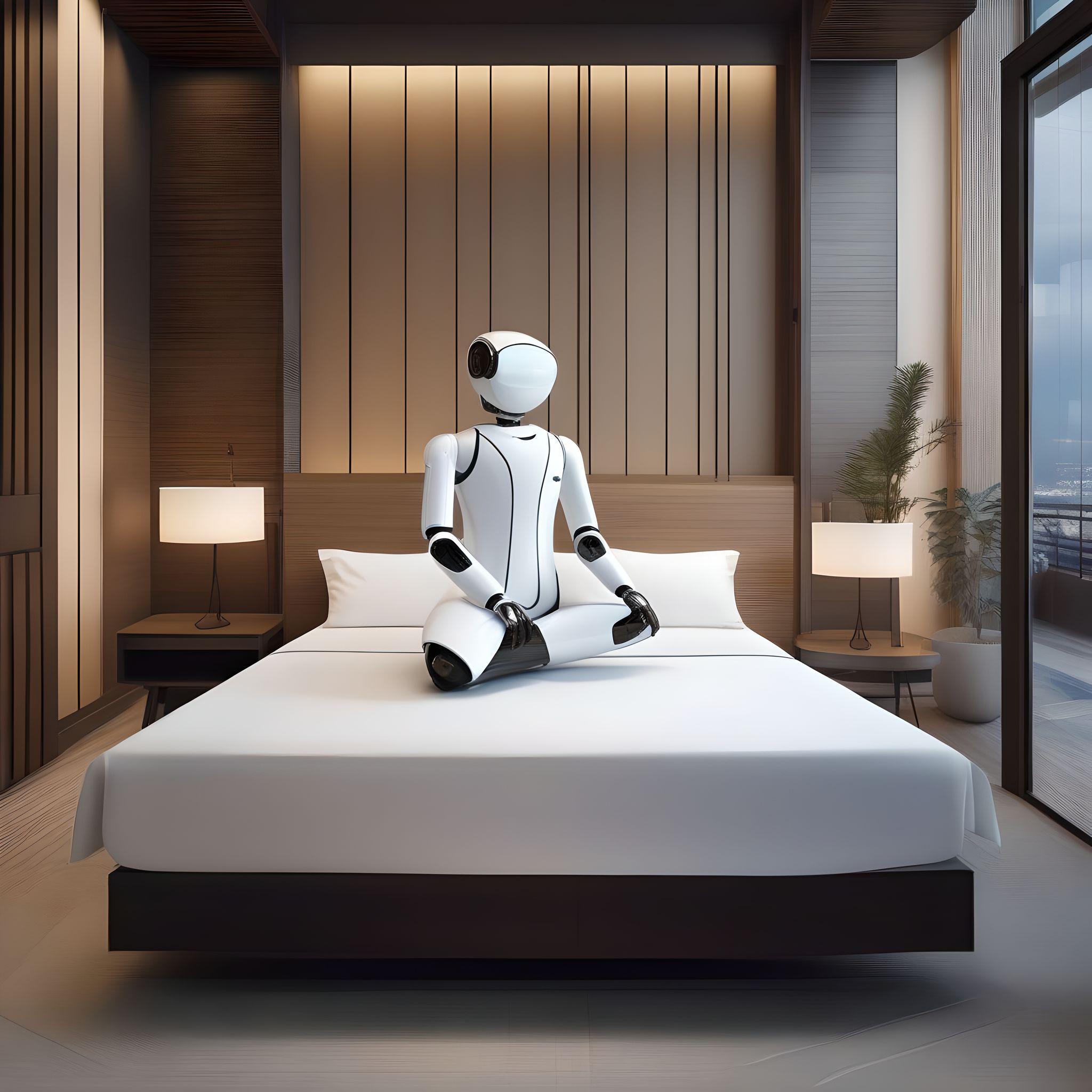Providing excellent service has always been the goal in hospitality. Now, artificial intelligence (AI) is helping the industry better understand and care for guests. Hotels, cruise lines, tour companies and other businesses are using AI to create personalized experiences. Read on to learn how this technology is improving hospitality and revolutionizing vacations.
AI Creates Personalized Stays
In the past, two guests staying in the same hotel room would have the exact same experience. The only differences would come from staff interactions. Now, AI allows properties to customize details to each visitor’s preferences.
Hotels store data on previous stays, including room type, dining choices and special requests. AI systems analyze this to make recommendations matching guests’ needs and desires. Do you prefer feather pillows and early check-in? The front desk can have those ready on arrival. Did you order champagne via room service last visit? You may find a complimentary bottle waiting this time.
Beyond conveniences, some hotels also customize room setting. Maybe an ocean sounds sleep machine gets set up for one guest, while another has lighting color-coded for productivity or relaxation based on their past activity patterns analyzed by AI in tourism. Personalized stays keep guests happier.
AI Assistants Offer 24/7 Support
Calling the front desk with questions typically had limited hours. Virtual assistants now offer around-the-clock support. AI chatbots like Alexa handle routine requests for many hotels. They can explain services, provide check-in and checkout times, share local directions and more.
Some bots connect directly to property management systems allowing guests to request services like ordering meals or booking spa appointments through conversation. The AI learns to improve suggestions over time based on frequently asked questions. Having quick, consistent support raises satisfaction.
AI Optimizes Pricing and Profits
Managers traditionally set room rates based on demand during various seasons and events. This took large amounts of historical data analysis. Now, AI automatically adjusts pricing to maximize both occupancy AND revenue using real-time market data.
AI-run revenue management platforms tap live inputs like:
- Competitor rate changes
- Recent local event ticket sales
- Forecasted weather at travel destinations
- Flight/traffic reports indicating upcoming influxes
The AI combines these with past booking and price trends to recommend optimal dynamic rates given current supply and demand. The system spotlights dates perhaps warranting flash deal discounts to fill last rooms or opportunities to earn more on high-demand weekends. This intelligence allows properties to increase both total visitors and revenue per guest. Read about Ai in Healthcare
Operational Efficiency Saves Costs
Behind the scenes, AI is optimizing hospitality operations to reduce expenses. Previously managers had to schedule staffing levels, order inventory and handle issues reactively. Now, AI handles the legwork allowing better foresight.
For example, AI scheduling platforms analyze guest booking patterns to forecast occupancy surges on big event weekends. By ramping up proper staff levels ahead of time using this intelligence, properties avoid being short-handed or overstaffed.
Analytical maintenance uses IoT sensor data in appliances to call technical support before problems happen. This minimizes guest inconveniences and downtime expenses from full breakdown fixes. AI is driving cost savings that boost profit margins for hospitality businesses behind the guest-facing scenes.
AI Powers Guest Engagement
Hotels traditionally interacted with guests at check-in, during stays and maybe via post-trip surveys. Now there are more opportunities to engage people as loyal customers.
Properties use AI-powered marketing automation to nurture prospective guests with personalized communications. Someone browsing your hotel website may later receive an email pitch showing how specific amenities cater perfectly to their needs based on past search behavior.
In-room voice assistants continue conversations through stays to solidify brand connections. Post-visit feedback AI parses surveys surfacing common likes, dislikes and suggestions to improve. Ongoing engagement raises brand affinity prompting return visits and referrals.
Conclusion
While hospitality has always aimed to be welcoming, AI enables properties to know guests ever better with personalization powered by data. It also handles routine tasks to allow staff to focus fully on customer connections during stays. Plus it never sleeps, optimizing operations and engagement 24/7/365. AI becomes the ultimate hospitality lever, now and into the future, improving these experiences for travelers while increasing direct bookings profitability for resorts, restaurants and tourism businesses.

